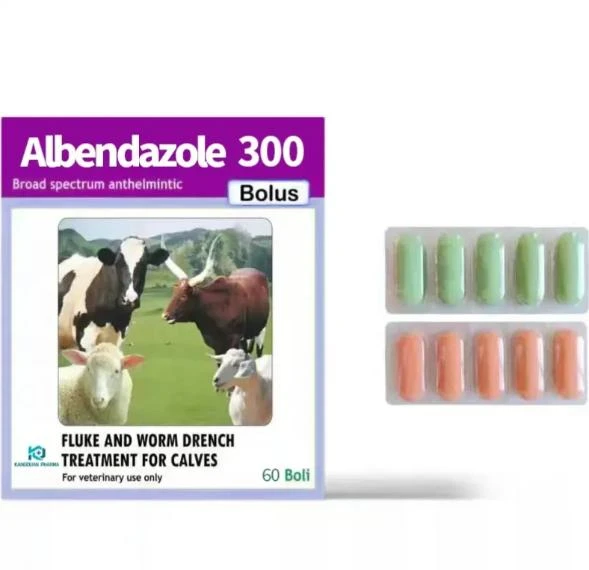- Afrikaans
- Albanian
- Amharic
- Arabic
- Armenian
- Azerbaijani
- Basque
- Belarusian
- Bengali
- Bosnian
- Bulgarian
- Catalan
- Cebuano
- Corsican
- Croatian
- Czech
- Danish
- Dutch
- English
- Esperanto
- Estonian
- Finnish
- French
- Frisian
- Galician
- Georgian
- German
- Greek
- Gujarati
- Haitian Creole
- hausa
- hawaiian
- Hebrew
- Hindi
- Miao
- Hungarian
- Icelandic
- igbo
- Indonesian
- irish
- Italian
- Japanese
- Javanese
- Kannada
- kazakh
- Khmer
- Rwandese
- Korean
- Kurdish
- Kyrgyz
- Lao
- Latin
- Latvian
- Lithuanian
- Luxembourgish
- Macedonian
- Malgashi
- Malay
- Malayalam
- Maltese
- Maori
- Marathi
- Mongolian
- Myanmar
- Nepali
- Norwegian
- Norwegian
- Occitan
- Pashto
- Persian
- Polish
- Portuguese
- Punjabi
- Romanian
- Russian
- Samoan
- Scottish Gaelic
- Serbian
- Sesotho
- Shona
- Sindhi
- Sinhala
- Slovak
- Slovenian
- Somali
- Spanish
- Sundanese
- Swahili
- Swedish
- Tagalog
- Tajik
- Tamil
- Tatar
- Telugu
- Thai
- Turkish
- Turkmen
- Ukrainian
- Urdu
- Uighur
- Uzbek
- Vietnamese
- Welsh
- Bantu
- Yiddish
- Yoruba
- Zulu
9 月 . 29, 2024 06:14 Back to list
Advancements in Veterinary Medicine Tablets for Animal Health and Treatment Options
The Importance of Veterinary Medicine Tablets in Animal Health
Veterinary medicine plays a crucial role in maintaining the health and well-being of animals. Among the various methods of delivering medication to pets and livestock, tablets stand out as a popular choice for many veterinarians and pet owners alike. This article explores the significance of veterinary medicine tablets, their formulation, benefits, and the future of their development.
Understanding Veterinary Medicine Tablets
Veterinary medicine tablets are solid dosage forms that contain one or more active ingredients alongside excipients, which help in the tablet's formulation and effectiveness. These tablets can be designed for various species, including dogs, cats, cattle, and horses, accommodating their specific physiological and anatomical needs.
Advantages of Tablets
1. Ease of Administration Tablets are generally easy to administer, especially when compared to other forms of medication like injections. Many tablets are flavored to make them more palatable, which can facilitate their acceptance by pets. Some veterinary professionals even recommend using techniques like pill pockets — treats designed to hide tablets — to help ease the process.
2. Precision in Dosage Tablets allow for accurate dosing, ensuring that the animal receives the appropriate amount of medication. Each tablet contains a predetermined dosage, which simplifies the treatment regimen and minimizes the risks of under or overdosing.
3. Stability and Shelf Life Tablets typically have a longer shelf life compared to liquid formulations, leading to less wastage and better economics for veterinary practices. Their stability makes them easier to store and transport, which is especially important in rural areas where access to veterinary services may be limited.
4. Versatility Veterinary tablets can be formulated to treat a wide range of health conditions, including infections, inflammation, chronic diseases, and even behavioral issues. This versatility makes them indispensable in the veterinary field.
The Formulation Process
veterinary medicine tablet

Creating effective veterinary tablets involves several stages, including the selection of active pharmaceutical ingredients (APIs) and excipients, as well as determining the most suitable manufacturing techniques. The physical and chemical properties of the API can significantly influence the tablet's effectiveness, making its selection crucial.
The formulation process also considers the target species. For instance, the size of tablets must be adjusted according to the size of the animal. Additionally, the components must be chosen to maximize bioavailability — the degree and rate at which the active ingredient is absorbed and becomes available at the site of action.
Challenges in Tablet Formulation
Despite their advantages, formulating veterinary medicine tablets does come with challenges. The bitterness of certain medications may hinder their acceptance, leading to struggles in administration. Moreover, ensuring that the tablet is palatable while maintaining effectiveness requires careful balancing.
Another challenge lies in the varying metabolic rates among different species. What works as an effective dose in one animal may not be suitable for another, which necessitates extensive research and development to cater to the diverse needs of various animal species.
The Future of Veterinary Tablets
Emerging technologies in formulation science and manufacturing are set to revolutionize veterinary medicine tablets. For instance, advances in taste-masking techniques may help overcome palatability issues, and the development of controlled-release formulations can improve the effectiveness of treatment regimens. These innovations can further address the challenge of adherence to medication protocols, which is vital for successful treatment outcomes.
Additionally, the rise of personalized medicine in veterinary care presents an exciting frontier. Tailoring tablets to meet the individual needs of pets based on genetic, behavioral, and health profiles can lead to better treatment and improved overall health outcomes.
Conclusion
In summary, veterinary medicine tablets are an essential component of animal health care that offers numerous benefits, from ease of administration to precise dosing. As the veterinary field continues to evolve, the challenges associated with tablet formulation can be met with innovative solutions. By prioritizing research and development, veterinarians can ensure that these medications remain effective and accessible, ultimately leading to healthier outcomes for animals under their care. The future of veterinary medicine tablets looks promising, with the potential to further enhance the well-being of animals and strengthen the bond between pets and their owners.
-
The Power of Radix Isatidis Extract for Your Health and Wellness
NewsOct.29,2024
-
Neomycin Sulfate Soluble Powder: A Versatile Solution for Pet Health
NewsOct.29,2024
-
Lincomycin Hydrochloride Soluble Powder – The Essential Solution
NewsOct.29,2024
-
Garamycin Gentamicin Sulfate for Effective Infection Control
NewsOct.29,2024
-
Doxycycline Hyclate Soluble Powder: Your Antibiotic Needs
NewsOct.29,2024
-
Tilmicosin Premix: The Ultimate Solution for Poultry Health
NewsOct.29,2024













